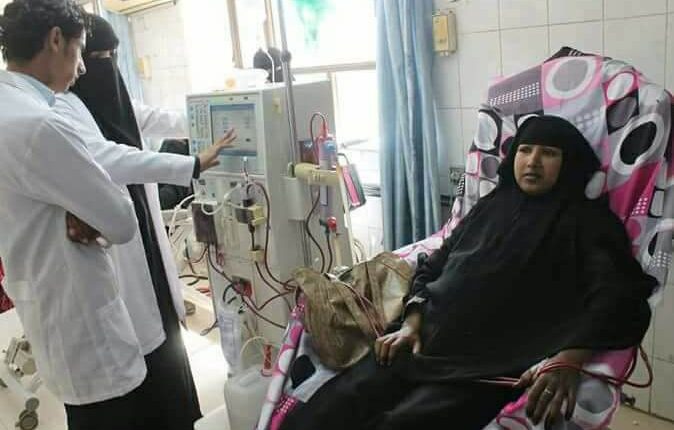SANAA, Nov. 06 (YPA) – On October 16, 2025, Sayyed Abdulmalik Al-Houthi has revealed a spy cell affiliated with the World Food Programme, which was involved in the assassination of the Prime Minister of the Sanaa government, Ahmed Ghaleb al-Rahawi, and several other ministers.
Sayyed Al-Houthi, the supreme leader of Ansarullah movement, asserted at the time that “security services obtained reliable and conclusive information proving the aggressive and criminal espionage role of these cells, whose members, affiliated with some international organizations, have been arrested.”
As soon as Sanaa disclosed the details of the case, the United Nations quickly issued a series of statements declaring its complete rejection of what it described as “the accusations leveled against its staff,” and demanding the “immediate and unconditional release” of those detained. This stance was considered by some to be hasty and indicative of a lack of balance within the United Nations, adding that “the international organization should have requested access to the evidence and investigations before issuing premature judgments.”
Suspension of Support for the Health Sector
The negative indicators did not stop there. A few days ago, the World Health Organization (WHO) and UNICEF announced the suspension of their support for the health sector in areas under the control of the Sanaa government.
In a statement, the Sanaa-based Minister of Health Ali Shaiban confirmed that the two organizations had abruptly halted aid to nearly two-thirds of the health sector, which he warned could lead to an imminent humanitarian catastrophe.
According to Dr. Shaiban, this decision threatens the complete shutdown of more than 2,000 health units and 72 hospitals, in addition to the disruption of fuel, oxygen, medicine, medical solutions, therapeutic feeding programs for children, and epidemic control measures.
Dr. Shaiban stated that the measure reflected a deliberate attempt to create a shock within the health sector and put pressure on patients, considering the decision “collective punishment targeting approximately 80% of the population.”
He clarified that the World Health Organization’s justification, which it described as “security developments,” reflected a clear politicization of humanitarian work. It is crucial to emphasize that the use of political pretexts by UN organizations is completely unacceptable and unbecoming of entities that are supposed to be committed to neutrality and impartiality.
Observers believed that the UN’s reaction might get doubt on its actions and raises many questions about the nature of its work in Yemen. While it was operating freely in areas controlled by the Sanaa government…They were presented as neutral humanitarian organizations, but recent events have revealed that their humanitarian work was merely a cover for espionage and intelligence activities that threaten Yemeni national security.
Once these practices were exposed, these organizations hastily withdrew and suspended their humanitarian operations, disregarding the suffering of millions of Yemenis who depend on this aid for their daily lives. This behavior proves that the United Nations’ priorities are not humanitarian, as it claims, but political, and that it uses humanitarian work as a tool for pressure and blackmail whenever the interests of the countries that dominate international decision-making clash with the will of the Yemeni people and their national authorities.
In light of the above, it is clear that UN organizations are now dealing with the Yemeni situation with double standards that contradict the principles of neutrality and independence, which are fundamental to any humanitarian work. Instead of supporting stabilization efforts and helping the Yemeni people overcome the effects of the aggression and blockade, the UN is now engaging in biased political stances and adopting resolutions that harm the very citizens it claims to defend.
Given the assurances from the Sanaa government that impartial humanitarian work is welcome as long as it adheres to national laws and Yemeni sovereignty, the United Nations must review its conduct and position on Yemen if it is truly serious about restoring the Yemenis’ trust in it as a neutral and responsible humanitarian body.
AA


